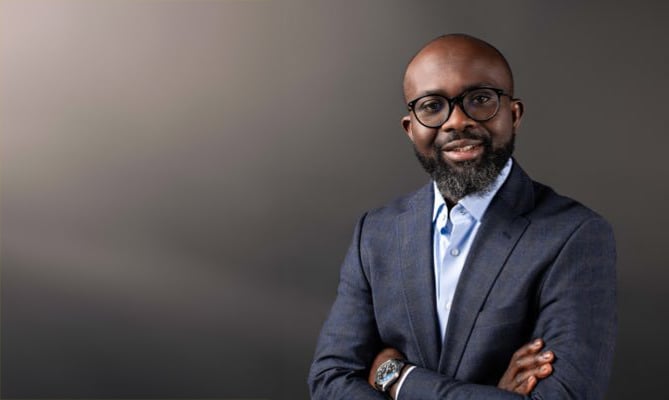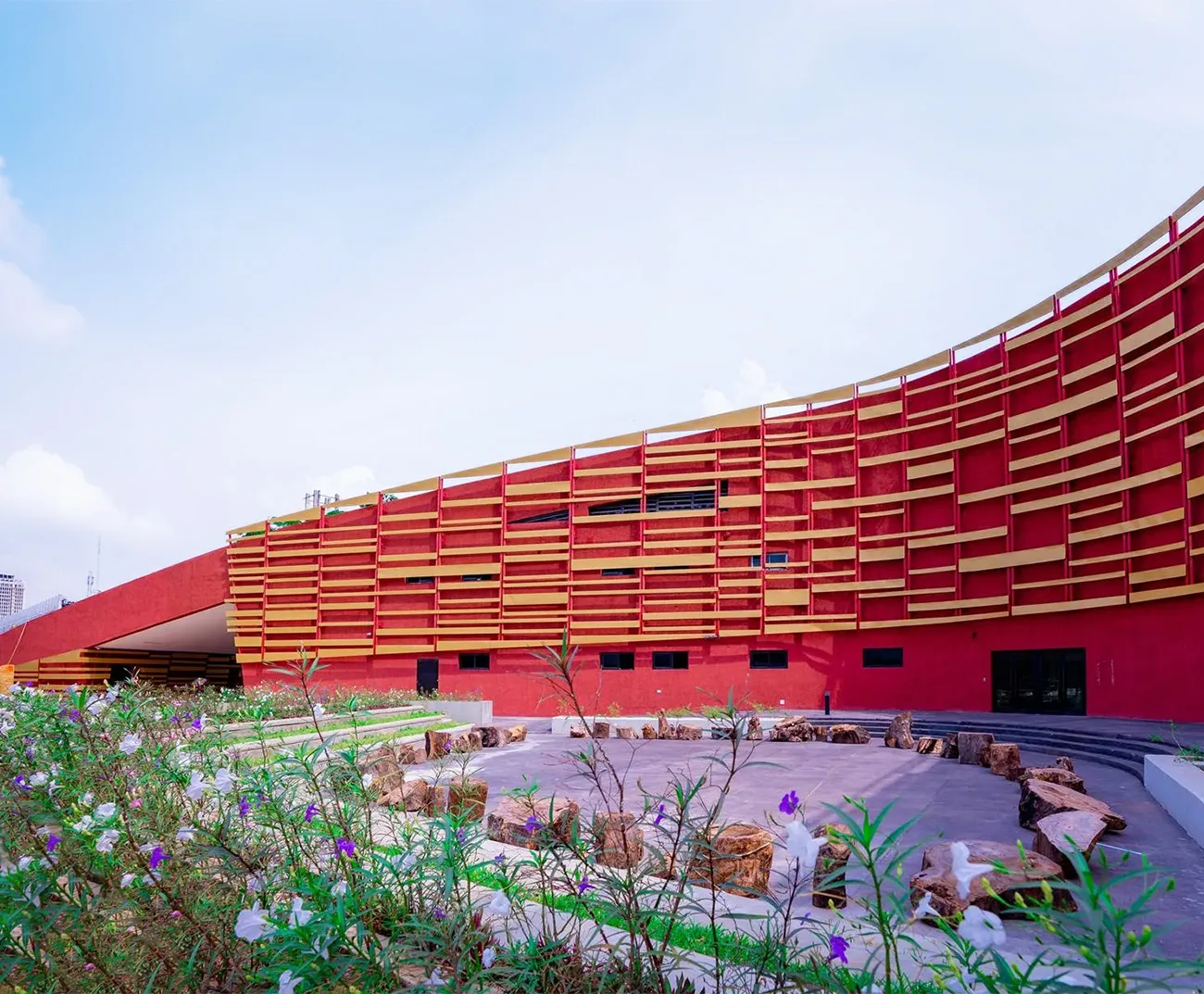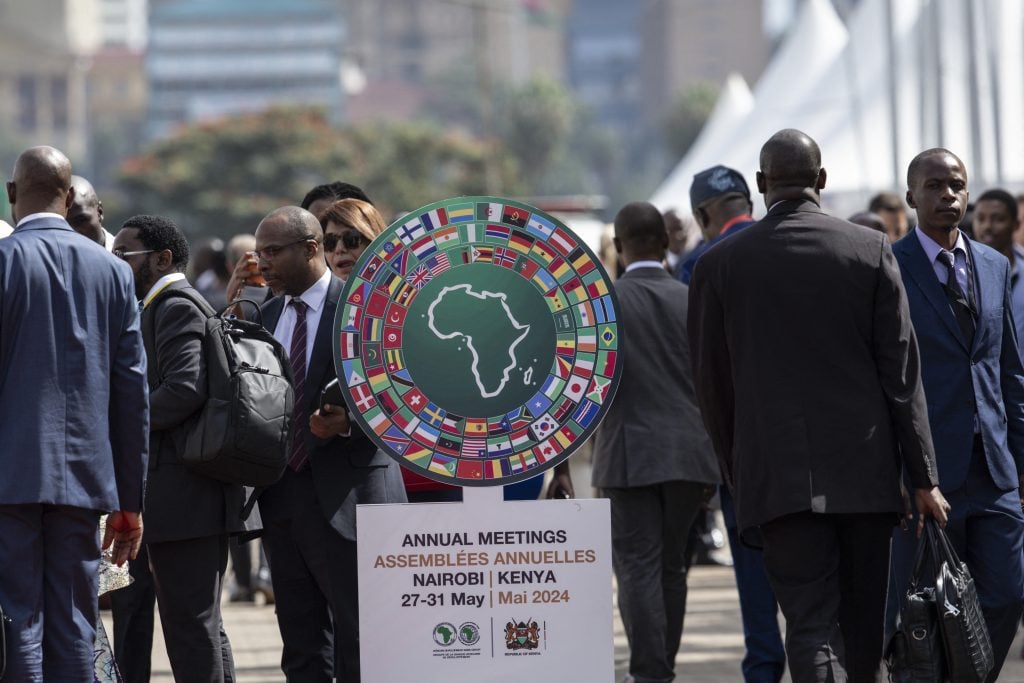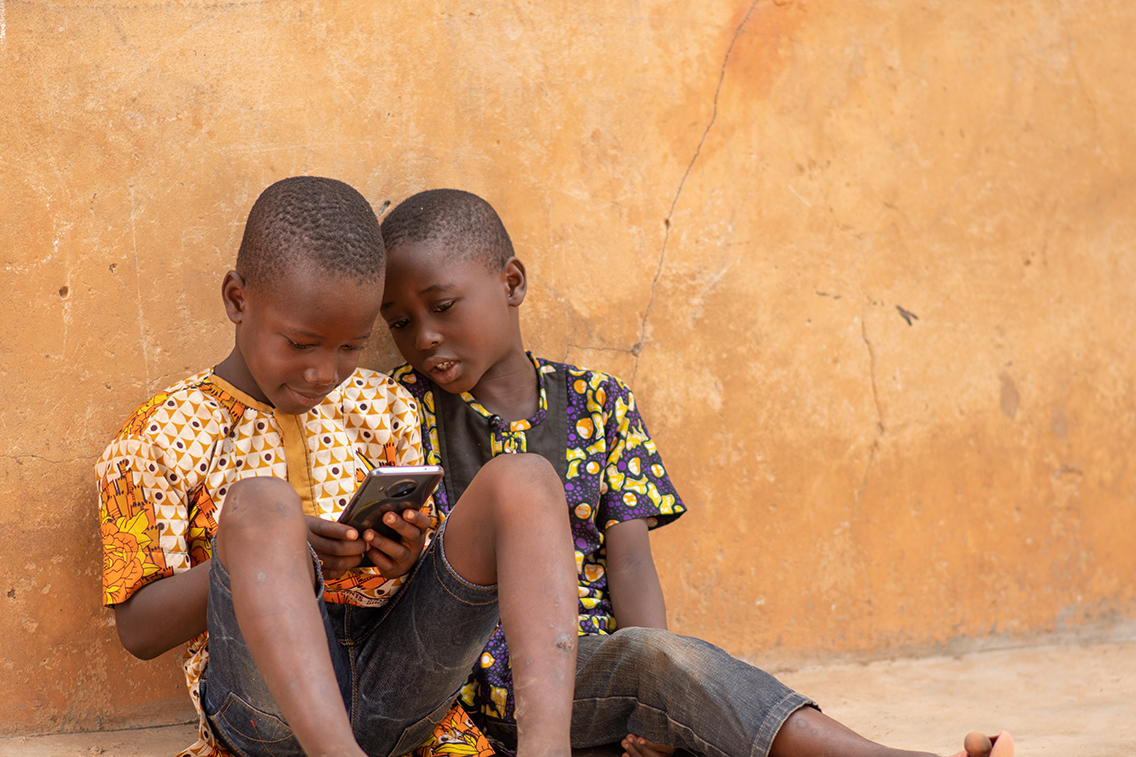
With nearly 50m Africans without a stable home due to conflict, economic distress and climate shocks, displacement has become one of the most pressing challenges facing the continent.
However, speakers convened by the Amahoro Coalition on the margins of the September UN General Assembly (UNGA) meetings in New York, argued that recognising the economic potential of refugees, beyond humanitarian responses, can help deliver much more sustainable solutions.
The gathering provided a platform for dialogue on how Africa’s private sector, philanthropic community, and international partners can collaborate to unlock opportunities for displaced populations.
Isaac Kwaku Fokuo, founder and curator of the Amahoro Coalition, noted that the platform offered a unique opportunity to position Africa’s displacement agenda within a global policy and investment context.
“The UN General Assembly serves as a global focal point for dialogue, policy influence, and partnership-building,” he said, “at Amahoro Coalition, one of our core strengths lies in convening the private sector and governments to harness Africa’s demographic dividend and catalyse investment in displaced communities across the continent.”
Fokuo said the event at UNGA was a deliberate strategy to elevate Africa’s voice in reshaping how displacement is understood and addressed.
“Curating a side event at UNGA provides a powerful platform to engage global leaders, challenge existing perceptions of displacement and shift the narrative from aid dependency to strategic market investment, unlocking opportunities that are both inclusive and sustainable,” he explained.
Welcoming guests, Zahirah Marty, a television personality who moderated the event, said the challenges that refugees face are not random but systemic. “There are invisible borders that they face, too. Borders of opportunity, borders of investment, and borders of perception.” These, she said, “often define how refugee communities are seen, how they interact, how they work, and how they’re included, or more often excluded.”
Africa is home to more than 45 million displaced people, representing nearly half of the global displaced population. Unlike other regions, the vast majority, nearly 97%, remain on our continent. This makes displacement in Africa not just a short-term humanitarian issue, but a long-term demographic, economic, and cultural reality that we need to address.”
Marty urged participants to reconsider entrenched narratives about refugees. “When we think of refugees in Africa, the first image is that of vulnerability – that image of the silver bowl in hand.
“But there is another, far more powerful reality. These communities are resourceful. They are young, they are talented, they are building, they’re innovating, and more than anything, they are contributing.
“We’re not here to talk about aid. We’re not here to talk about vulnerability. We’re here to move it towards resilience, opportunity, and vision. It’s about asking not how we respond to displacement, but how we can shift how we think about it entirely,” she stressed.
Changing global perspectives
One example of what can happen when refugees are allowed to reach their potential was provided by Chantale Zuzi, who battled prejudice due to her albinism in her native Democratic Republic of Congo. “When I was born, people wanted to kill me because of my skin colour. They believed I was an outcast and could bring bad luck into the community. But my mother saw me as a gift from God. So, I was saved because of my mother’s love.”
After losing both parents in a violent clash, Zuzi had to flee to Uganda. “This is when I was given the name refugee,” she recalled. I only saw refugees on TV. I never imagined that one day I would identify with that name.”
She said five years of displacement exposed her to the harsh realities of camp life. “I witnessed the anguish young women faced when they could not have enough food to feed their children, students not having school fees to pay for tuition, basic needs stripped away. You lived in a tent, slept on a storm mat. How would you even think about education when basic needs are not met?”
The lack of documentation also compounded the struggles of being in exile. “My identity was reduced to a paper, not me as a person. Just because I didn’t have a passport, I had to be treated differently,” she recalled.
Zuzi’s life was dramatically transformed when she got an opportunity to resettle in the USA in 2018. Earlier this year, she graduated from Wellesley College, one of the most prestigious colleges in the country.
Zuzi has set up a foundation, ‘Refugee Can Be’, to support the education of refugee girls in the same camps where she once lived. “I believe that a refugee can be anything they dream of being. But what does it take for a refugee to be anything? For me, it took hundreds and thousands of people reaching out to help me, to give me access to incredible opportunities,” she reflected.
Refugees, she insists, must be seen differently. “We are more than that name, ‘refugee’. We can do anything in this world. If only refugees like myself had the opportunities and support, what they can do in this world is unstoppable.”
Bright Simons, founder and president of mPedigree and a public policy analyst, believes that viewing refugee settlements through a fresh lens can lead to benefits – not just for the settlers but for society as a whole.
In a fireside chat with Bathsheba Asati, Principal Strategy Custodian in charge of growth at the Amahoro Coalition, Simons pointed out that “of the five top host countries of refugees, only one is in Europe – Germany. All the rest are in the global south. It’s our countries that are hosting most refugees,” he said.
Simons argued: “If you have 430,000 people pushed into five square miles, it does generate huge problems around sanitation and health. But at the same time, it generates amazing business opportunities if we are thoughtful about it.”
He pointed to refugee camps such as Kakuma and Dadaab, where high population density has lowered transaction costs and enabled logistics and recycling businesses to thrive. “Even lack of sanitation can be flipped. Waste is cheaper to collect, so biogas and recycling become more viable than in Nairobi or Kigali,” he observed.
Simons, who is also an honorary Vice President of the Imani Centre for Policy and Education, a Ghanaian think tank, outlined four promising areas around the settlements.
First, services that thrive when distance is reduced can benefit from high concentrations of people in camps. “It reshapes your mind around what services benefit from density. Transaction costs are cut and opportunities emerge in sectors such as logistics, energy, and retail.”
Secondly, forced coexistence strips away entrenched identities and creates meritocratic environments. “When Somalians, who come from a very clan-based culture, are displaced into places like Kenya, it’s amazing how that transforms into highly democratic societies. Suddenly, you throw away the identities that divide you, and focus instead on ambition and drive.”
Refugees, he added, often become “incredibly easy to train” because they adapt quickly, having been “rootless for a while” and eager to learn.
Simons also noted that refugee settlements often operate under unique governance arrangements. “Because UNHCR has special regulations, concessions and delegations, you might be able to do things in refugee camps that are removed from national restrictions. You could create programmes in AI, for example, that are more permissive than if you tried to set them up in Nairobi or Kampala.”
Finally, he suggested that refugee camps could evolve into platforms for testing new institutional frameworks. “If we think of these areas as platforms, then entrepreneurs can begin to see them not just as places of humanitarian need, but as sites for innovation and new kinds of opportunity.”
Humanitarian industrial complex
Simons, however, warned against what he termed the “global humanitarian industrial complex,” arguing that the aid-driven model entrenches dependency rather than encouraging innovation.
With many refugee camps evolving into permanent settlements, he said, there needs to be a shift away from short-term relief toward strategies that embrace economic activity, investment, and self-governance.
“We can’t maintain this whole dependency logic,” he stressed, urging activists, entrepreneurs, and policymakers to reframe refugee enclaves as potential hubs for job creation and supply chains rather than perpetual aid recipients.
Refugee settlements, some of which function as cities in their own right, provide fertile ground for experimental approaches to governance. Their density and oversight create conditions to test digital governance systems, transparency tools and even direct democracy in aid allocation.
Isaac Kwaku Fokuo reminded the audience that when the UNHCR was established in 1945, the prevailing model assumed temporary displacement and that people would need to be kept safe for two or three years until they could return home after the conflict. “But Somalia has been fighting since 1981, and no one is going back home,” he pointed out.
The central issue, he argued, is that displaced people rarely receive capital or opportunities to build livelihoods. Humanitarian aid prioritises short-term survival, but very little financing flows to refugees as entrepreneurs.
“At best, they got $200 or maybe $1,000 in credit,” Fokuo noted, contrasting this with the Amahoro Coalition’s programme, which provides grants of up to $150,000. Such investments, he said, are crucial to allow businesses in refugee communities to grow beyond subsistence.
Turning to the African private sector, Fokuo pointed out its relative absence from this space. Too often, international NGOs, governments, and corporations focus on their own mandates rather than empowering displaced Africans, he said and challenged local businesses to recognise displacement not as a humanitarian issue but as a market and talent issue.
“What markets are you expanding to,” he asked, “if 50 million people on this continent have no place to call home?” The example of Sudan, where the private sector collapsed in the wake of conflict, shows that forced displacement is a direct economic risk and a missed opportunity for long-term growth.
Fokuo explained the Coalition’s dual approach: human capital and advocacy. It supports displaced entrepreneurs with grants and market access, while it advocates for systemic reforms such as freer labour mobility under the African Continental Free Trade Area (AfCFTA) and policies that encourage African philanthropy. “Africans give,” he said, “but less than 20% of philanthropic dollars stay on the continent. Governments don’t make it easy to give at home.”
Finally, Fokuo stressed the need for syndicated African capital to rebuild fragile economies. Drawing parallels with post-war Japan and Europe, he argued that Africa must also commit its own resources to reconstruction after conflict.
He cited efforts such as that of Equity Bank leader, Dr James Mwangi’s initiatives and Somali reinvestment in local infrastructure as promising signs. “If African investors put in the first half a billion to repair Sudan’s sewer system, peace becomes an economic necessity,” he argued. The African private sector should be fully engaged with these efforts, partnering with organisations such as the Amahoro Coalition.
With continuing conflicts and accelerating climate change, the issue of displacement is likely to take on increasing urgency. More sustainable solutions that go beyond merely providing food and shelter are needed. Refugees should not be viewed as burdens on their hosts, but as potentially part of the solutions and settlements as a wellspring of ideas and innovations that can benefit the wider society.






Recent Comments